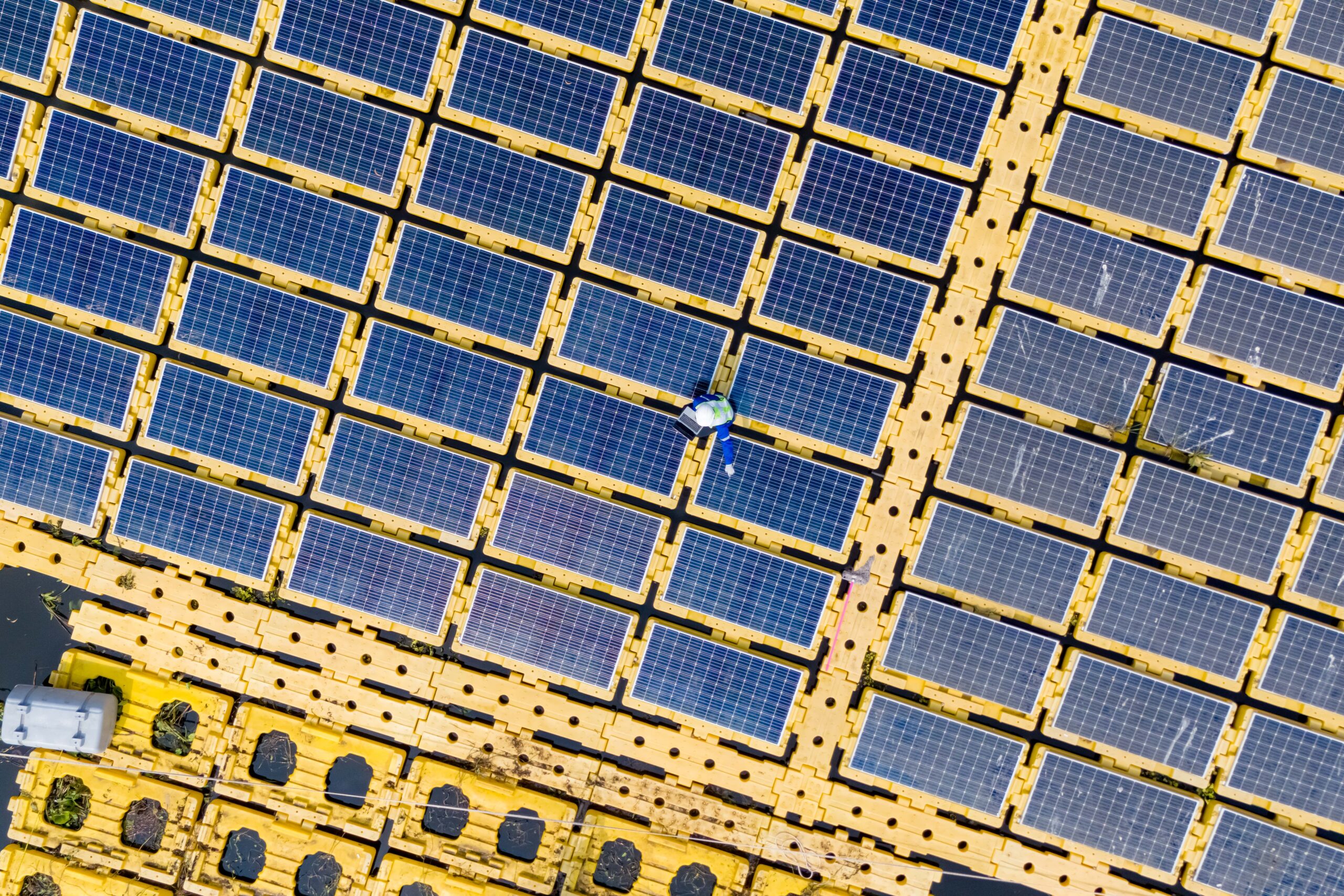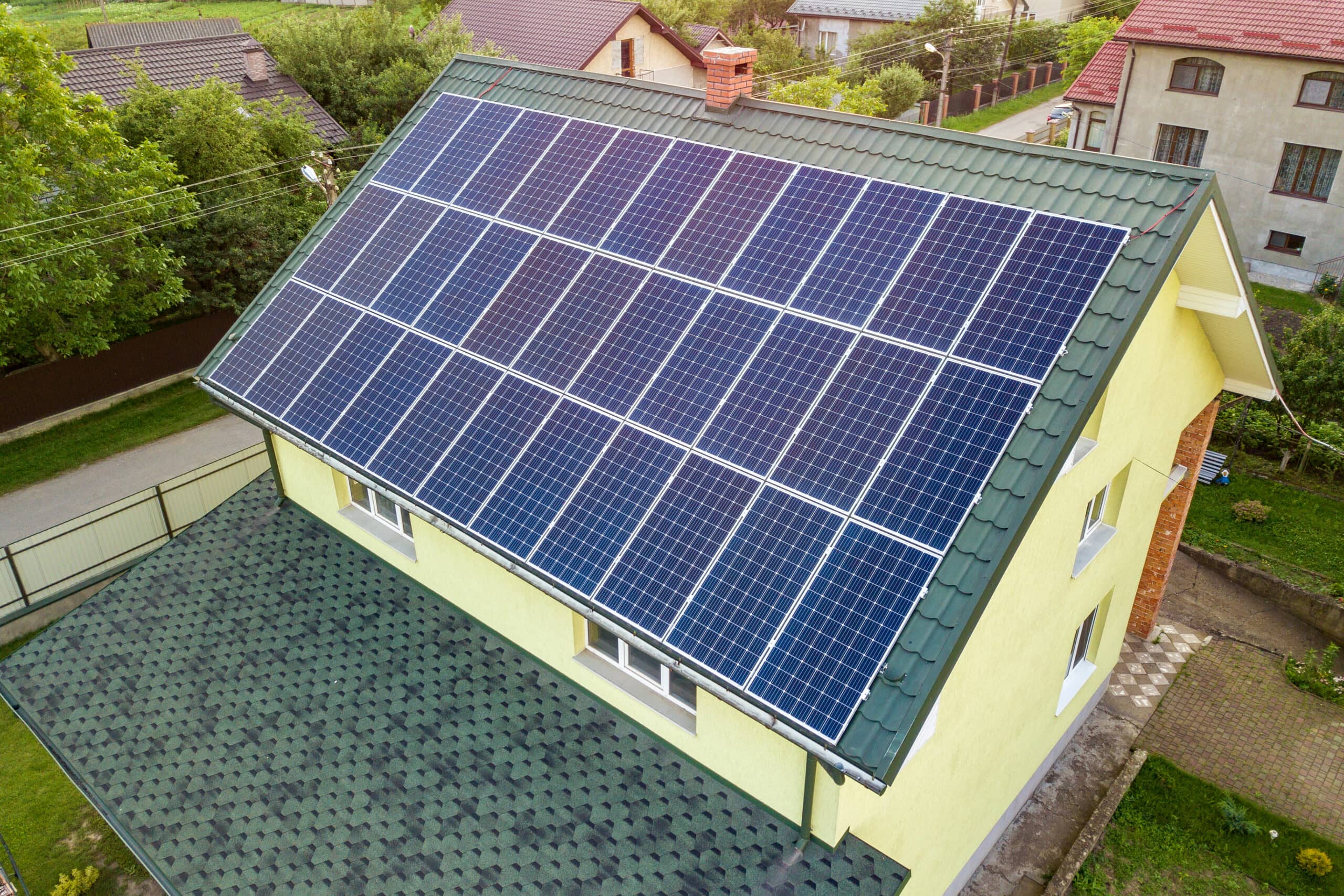Solar panels and inverters are the workhorses of your clean energy system, silently converting sunshine into usable power. But even the most dedicated workers need a little care now and then. Occasional maintenance is the secret to keeping your solar system running at peak performance, ensuring you reap the benefits of clean, renewable energy for years.
Before we talk about maintenance routines, it is important to familiarize yourself with your solar panel and inverter warranties. These documents outline the manufacturer’s guarantees regarding repairs due to malfunctions. Understanding your warranty coverage can help you determine what maintenance tasks are your responsibility and which might be covered under warranty. For instance, some warranties might require professional cleaning at specific intervals to maintain coverage. Additionally, the warranty might specify cleaning solutions or methods that should be avoided to prevent voiding the guarantee. Taking a few minutes to understand your warranty can save you time money and ensure you’re properly maintaining your solar system.
How often you clean your solar panels depends on a few factors, like the environment around your home. Generally, the frequency can vary based on the local environment and conditions. For example, if you live in a dusty environment, near many trees, have a fair amount of bird droppings on your panels, or be tilted at a steep angle and receive regular rainfall that washes away debris. You should clean your solar panels. It’s best to clean your solar panels in the morning to prevent the cleaning solution from drying too quickly, which can cause streaks or stains.
For cleaning your panels properly, here are the materials you will need:
- A soft-bristled brush with an extendable handle (to reach your roof safely).
- A garden hose with a gentle spray nozzle
- A bucket filled with lukewarm water and a mild, phosphate-free soap
Here’s how to get started on cleaning:
- Spray down the panels with the hose to loosen any dirt and debris.
- Dip your brush into the soapy water and gently brush the panels, working in sections.
- Rinse the panels thoroughly with clean water to remove any soap residue.
Avoid using harsh chemicals, abrasive cleaning pads, or high-pressure hoses, as these can damage the panel’s surface and impact its efficiency.
Occasional inspections are your first line of defence when maintaining your solar panels. Ideally, you should perform these inspections when you notice a drop in the output efficiency of your solar system. Here are the things you should look out for:
- Look out for debris, dirt, or even dust buildup.
- Scan the glass surface for any signs of physical damage like scratches, cracks, or discoloration.
- Check for any loose or corroded wiring connections around the panels and inverter.
Early detection is key! If you spot any of these issues, addressing them promptly can help prevent them from developing into more significant problems.
While visual checks are a great first step, you can’t notice everything. Similar to getting a professional mechanic to look under the hood of your car occasionally, scheduling periodic professional inspections for your solar panels is recommended. A qualified solar technician can perform a more comprehensive inspection of your panels.
By incorporating visual checks and professional inspections into your routine, you can ensure your solar panels keep capturing sunshine and converting it into clean energy for your home for years.
Most solar inverters come with built-in displays or offer smartphone apps that allow you to track your system’s performance conveniently. Through these monitoring tools, you can access key metrics such as:
- Monitoring how much electricity your solar panels are generating over a specific period. This could be daily, weekly, monthly, or even yearly data.
- You are comparing your system’s actual energy output against your estimated production levels. Most solar installers provide these estimates during the system design phase. Significant deviations from these estimates might indicate potential problems.
Monitoring your solar panels allows for early detection of performance dips. Various factors, such as excessive dirt buildup on the panels, inverter malfunctions, or shading issues, could cause a sudden decrease in energy production. By addressing these issues promptly, you can prevent them from developing into major problems that require costly repairs and lost energy production.
Inverter efficiency is highly dependent on proper cooling. Just like any appliance that works hard, inverters generate heat during operation. Here’s how to ensure your inverter stays cool:
- Make sure the area around your inverter is free of debris and obstacles that could block airflow.
- Ensure your inverter has proper ventilation according to the manufacturer’s recommendations. This may involve maintaining a specific clearance around the unit.
Along with your occasional checks, there are some seasonal maintenance tips to keep your solar system operating at its best.
Snow and ice buildup on your panels can significantly reduce sunlight absorption. During winter months, be sure to remove snow accumulation from your panels to ensure optimal sunlight exposure. Follow manufacturer recommendations for safe snow removal methods to avoid damaging your panels.
As the seasons change, keep an eye out for potential shading issues caused by growing vegetation around your panels. Trim back any branches or foliage blocking sunlight from reaching the panels throughout the day.
This will ensure your system generates the most electricity possible. With proper maintenance, your solar panels can last for decades, providing clean energy and financial benefits for years.




